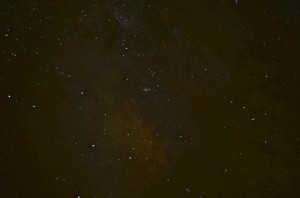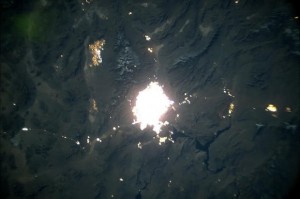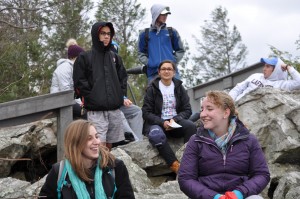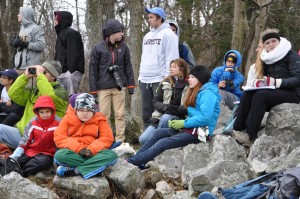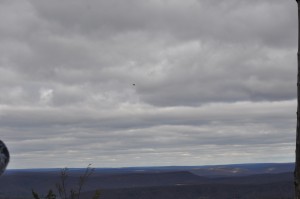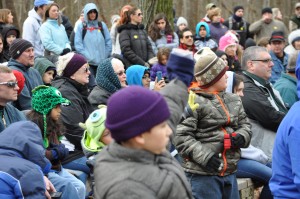“Take, for example, running over creatures with motor vehicles. The idea that roads would be smooth enough, vehicles fast enough , and wildlife abundant enough to create today’s carnage on our roadways would have been unthinkable not long ago. Now not only is it thinkable, it has a name, roadkill, that has become the subject of endless jokes, and it is widely thought to be an unavoidable cost of modern mobility” (Sterba, 187).
“Wood and chain link fences mark the boundaries between neighbors, but each neighbors lights here, all across America, are allowed to roam far beyond their boundaries- a perfect example of what dark sky advocates call “light trespass. The lights from these unshielded fixtures not only trespass onto the yards of neighbors and into the eyes of drivers passing through but straight into the sky, their energy wasted” (Bogard, 5).
“I learned this, at least, by my experiment; that if one advances confidently in the direction of his dreams, and endeavors to live the life which he has imagined, he will meet with a success unexpected in common hours. He will put somethings behind, will pass an invisible boundary; new, universal and more liberal laws will begin to establish themselves around and within him… In proportion as he simplifies his life, the laws of the universe will appear less complex, and solitude will not be solitude, nor poverty poverty, nor weakness weakness. If you have built castles in the air, your work need not be lost; that is where they should be. Now put the foundations under them” (Walden, 351-352).

